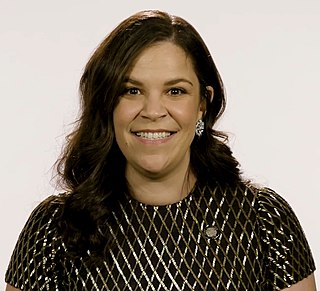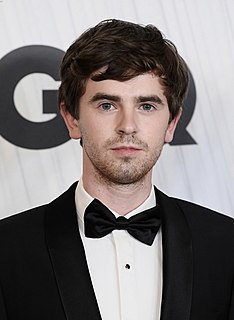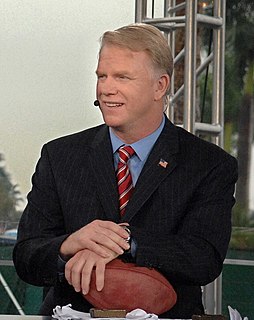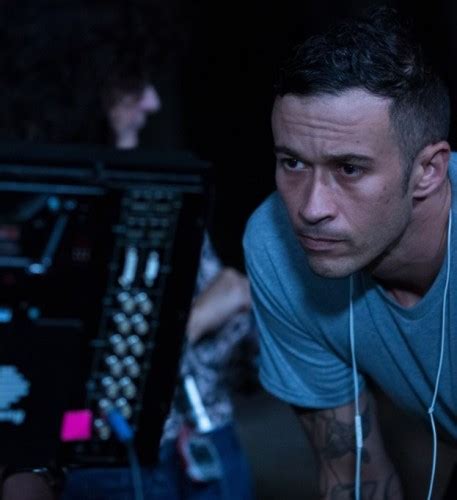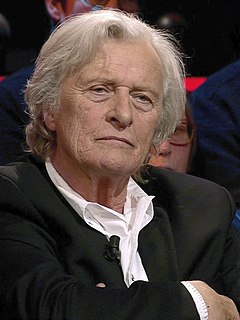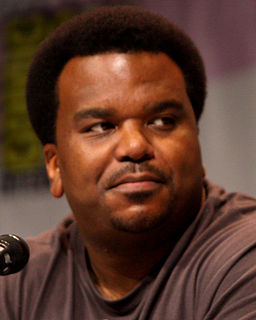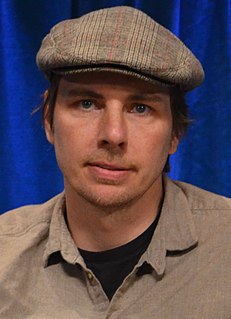A Quote by Lindsay Mendez
When you are preparing for a role, you have a script to comb through and the writer's help in telling you about the character, and then you can fill in the gaps. When you are doing a cabaret show, it's very personal. You have the opportunity to share parts of yourself with an audience and figure out how you want to connect.
Related Quotes
I seek a diverse spectrum of roles. If I just was in a large-budget feature for a younger audience, then I want to find a smaller, more character-driven piece that might be for a more mature audience. Or if I'm playing a goofier character, then maybe I want to go play a serious, psychopathic character. But at the same time, it's usually a case-by-case basis where I'm judging the merit of a role by the script I'm given, and it usually has less to do with the larger framework and more to do with how the part personally appeals to me in that moment.
Part of why I wanted to produce was because I wanted the opportunity to work on projects I want to see. As a writer and as a director, I'm very specific about the kinds of things that I want to do. The opportunity that producing has given me is that by working with different writers and trying to get their movies made, or developing their script, or making their movies, every time I'm doing it, I'm learning and then bringing something to my own work. I like to think that there's a little bit of back and forth that goes on.
It doesn't matter who's directing, or who's doing the movie; there are a ton of things that can go wrong, and they do all the time. So you just have to figure out how to get through it, and then how the director finally puts it together, and then see what the audience takes from it. That's the most important thing to me.
When I start writing a new imaginary future, I have no idea what it is. The characters arrive first. They help me figure out where they are living and I get to fill in the gaps with that and where we are. So when I get to the end of the process of composition, if I feel that I have really done my job, I have no idea what I've got - and I then spend essentially the rest of my life figuring out what it might mean.
The whole point about vision is that it's very individual, it's very personal, and it has to be confessional. It has to be something which hurts - the pulling out of it and putting it on the page hurts. Art can be about the individual writer's response to his or her condition, and if that response comes out of a predigested belief about what the audience wants to hear about the writer's condition, then it has no truth, it has no validity. You either write with your own blood or nobody's. Otherwise it's just ink.
For me, it is about using everything that is there and using the gaps in the record, figuring out why the gaps might be there. And then when you move on to the level of what historians said, laying the interpretations side by side. You also have to look back at the documents and make your own judgments. What the record says and what people say about it. A novelist can fill the gaps in a way that a biographer cannot.
Baseball shaded my entire outlook on life, because that's how I first saw the world. I looked at everything, even today, through what I learned about the game. Like pacing yourself, focusing yourself, preparing yourself for what you want to do, keeping yourself healthy for the game. I do all that through the eyes of a ballplayer.
